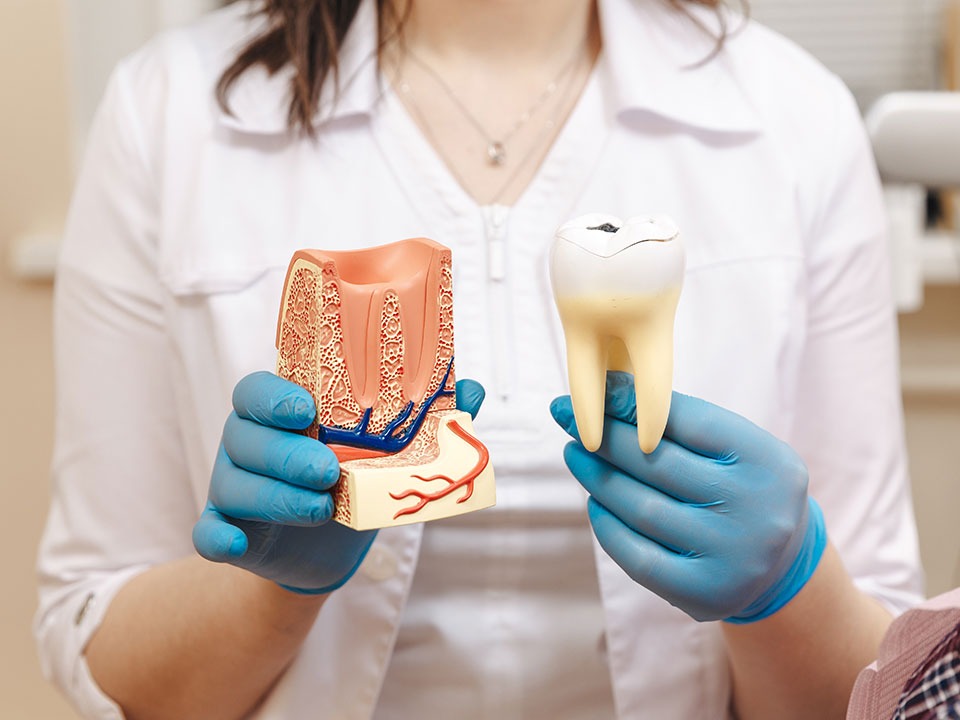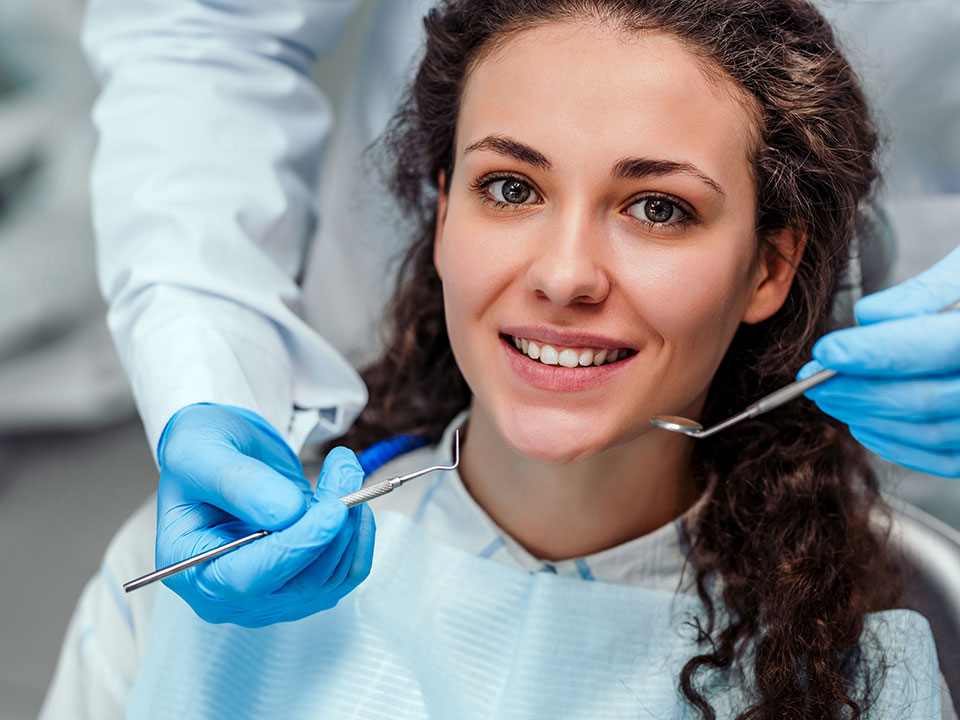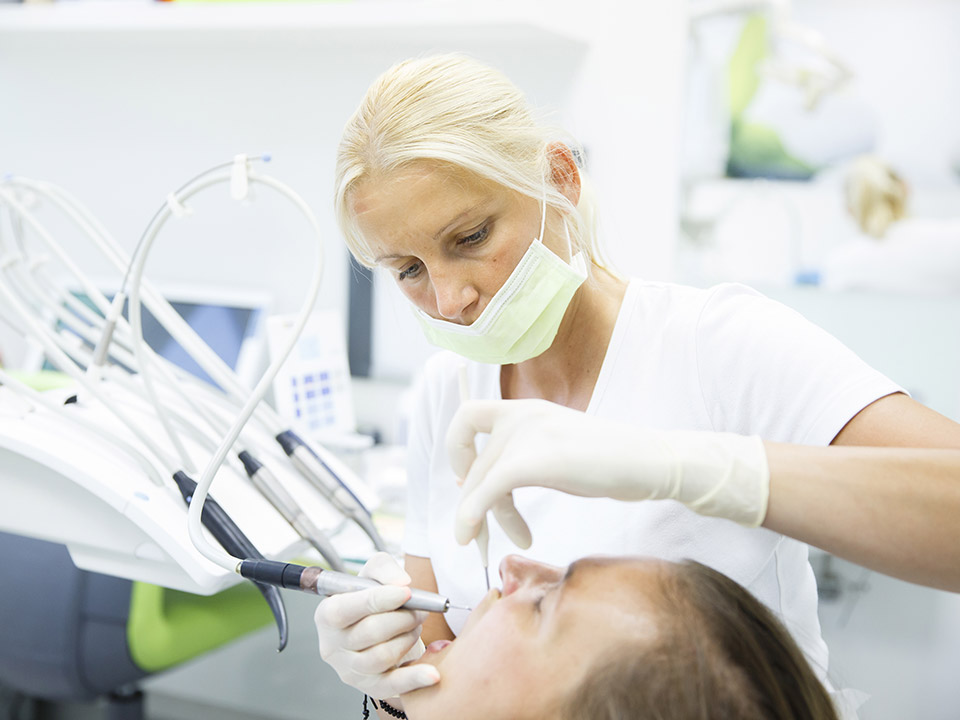Brushing your teeth is the first line of defense to maintaining your oral health. Brushing helps remove plaque and bacteria from your mouth, leading to tooth decay and other infections.
However, not many people know how to brush right. If you get off your brushing routine for too long, you can say goodbye to the perfect smile.
The information below looks at some of the most common brushing habits you should avoid if you want to improve your dental health.
Habits You Should Avoid When Brushing Your Teeth and Why
1. Using Your Toothbrush for Too Long
Toothbrushes were not meant to last forever. Replacing your toothbrush as often as possible is critical to improving oral health.
One reason you should change your toothbrush is the build-up of bacteria and plaque. Though cleaning your toothbrush is essential, it does not eliminate all the germs and debris. Over time, your toothbrush can become a breeding ground of bacteria leading to gum disease and other dental issues.
In addition, using your toothbrush for too long also wears out the bristles. As the bristles become frailer, they cannot adequately remove all the food and bacteria from your mouth.
Dentists and manufacturers recommend replacing your toothbrush after three to four weeks. However, you can still replace it earlier if you notice that the bristles are worn out.
2. Choosing The Wrong Toothbrush
Getting the wrong toothbrush can be bad for your teeth and gums.
One of the critical things to look for in a toothbrush is the head size. Large toothbrush heads make it difficult to reach the back of your mouth when brushing. Smaller heads are more comfortable and make removing debris from the back of the mouth easier.
In addition, the design of the toothbrush can also affect how you clean your teeth. Flexible toothbrushes are ideal for people with small jaws as they can bend in your mouth, removing plaque.
Whether you want to use a manual or electric toothbrush, finding the right size and design will go a long way to keeping your mouth clean and fresh.
3. Choosing The Wrong Bristles
Did you know that the texture of your bristles matters? Toothbrush bristles come in a variety, mainly soft, medium, and hard.
Using stiff bristles can do more harm than good to your teeth and gums. Stiff bristles tend to tear away gum tissues leaving sores and wounds. Over time, you might experience bleeding gums, swelling, and inflammation. Likewise, stiff bristles wear out tooth enamel, leading to sensitivity.
Using a soft bristle toothbrush should get the job done. It is gentle on your gums and teeth while also removing plaque from your teeth. You can always use medium-textured bristles if you do not find a soft-bristled brush. Just remember to brush gently.
4. Not Brushing Long Enough
Another common problem you must avoid is being too quick when brushing your teeth. For most people, they only take about 45 seconds to brush.
If you do not brush long enough, you risk missing plaque between your teeth. In addition, you might not give the fluoride in the toothpaste enough time to set into your teeth. Fluoride is essential to maintaining your teeth’s strength and durability.
Dentists recommend that you should brush your teeth for at least two minutes per session.
5. Brushing Too Hard
Brushing hard does not mean that your teeth will be cleaner.
Though you should brush your teeth thoroughly, applying too much pressure when brushing can tear away gum tissue, exposing your mouth to bacteria. These bacteria can cause oral infections and, if not treated, also cause harm to your overall health.
Furthermore, rough brushing can cause enamel erosion, increasing your chance of tooth decay. As plaque builds up between the holes in your enamel, bacteria eat away at your tooth.
6. Brushing In the Wrong Direction
Did you know that there is a wrong way to brush your teeth? Your bristle motion is crucial in removing plaque and bacteria from the teeth.
Dentists recommend brushing your teeth in a circular motion. The motion also helps remove bacteria hiding on the gum line.
7. Only Brushing the Exterior of Your Teeth
Brushing your teeth should be a thorough process. Brushing the exterior of the teeth only removes plaque found on the teeth’s surface.
However, bacteria and food debris can easily stick between and behind your teeth, grooves of your molars, gum lining, and tongue. In most cases, cavities are more prevalent on the molars due to poor brushing habits.
8. Irregular Brushing Patterns
You might ask if brushing your teeth more or less than twice a day is okay– the answer is no.
Though brushing is an excellent way to ensure your oral health is safe, brushing too often can erode your enamel. Enamel erosion can cause teeth sensitivity or even cavities. In addition, brushing too much also tears away your gum tissues, leading to swelling and bleeding.
Additionally, brushing only daily increases the risk of plaque build-up, which can affect your dental hygiene.
9. Rinsing Your Mouth After Brushing
You might be used to rinsing your mouth with water immediately after brushing. Rinsing cuts down on the effectiveness of fluoride on your teeth. If you need to rinse your mouth, you can use a mouth rinse solution rich in fluoride.
However, you should always gargle your mouth after every meal or after taking beverages. Gargling will help clean out food debris and bacteria accumulated during the day.
10. Not Disposing of Your Toothbrush After a Cold or Infection
Another fun fact is that you should always replace your toothbrush after viral or bacterial infections. Germs can easily get transferred to your toothbrush when you are sick and remain there for a long time. Using the toothbrush again increases your chances of reinfection.
A Final Observation
Good brushing routines will ensure that you retain your smile. In addition to brushing twice daily, do not forget to floss at least once to ensure you get all the debris out.
Remember that even the best oral habits should not replace a visit to the dentist. At All About Smile Dental Group, our team is ready to keep your teeth clean and gums healthy. Make sure to book an appointment with our doctors today.







